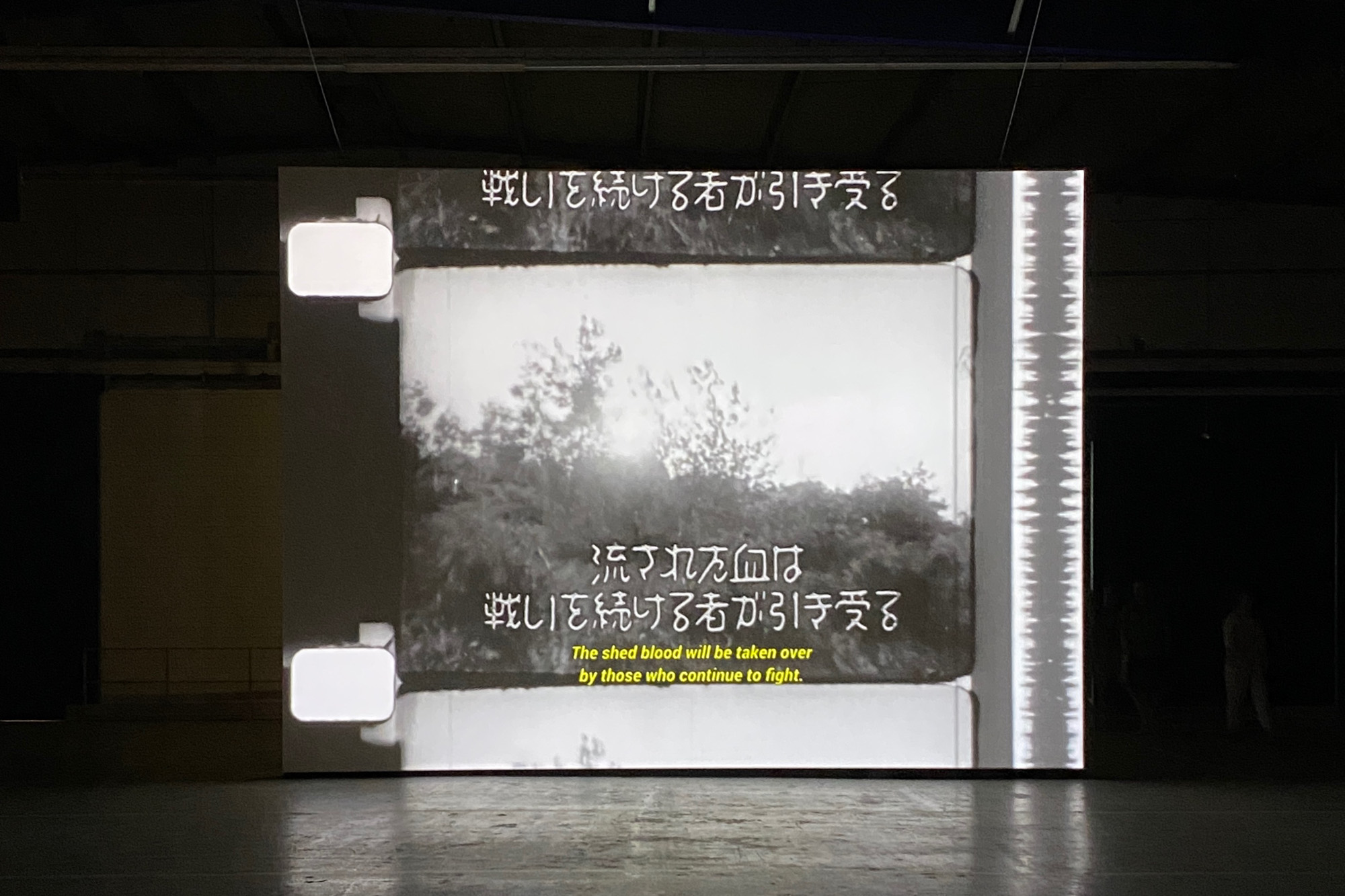News
Lumbung Community Rejects Documenta Committee’s Recommendations


Documenta fifteen’s participants and artistic directors ruangrupa, collectively known as the lumbung community, announced on September 10 that they “categorically refuse” to accept the preliminary findings of the advisory committee appointed by Documenta’s shareholders that called for the immediate shutting down of the Tokyo Reels film presentation by the Subversive Film collective at documenta fifteen. The lumbung community said the advisory committee’s report “marks a racist drift in a pernicious structure of censorship” and denounced the committee’s recommendation as a “vicious attempt at censoring.”
The lumbung community’s statement, titled “we are angry, we are sad, we are tired, we are united,” was published on a dedicated website and also via E-flux. It was published shortly after the advisory committee released its initial, highly abbreviated recommendations on September 10 (in German only and not in English, which is not the organization’s customary bilingual practice for press releases). The advisory committee wrote they believed the “most urgent task” was to “stop the screening of the compilation of pro-Palestinian propaganda films from the 1960s–1980s by the collective Subversive Film shown under the name Tokyo Reels Film Festival” and said the commentary provided between the films “legitimize[s] the hatred of Israel and the glorification of terrorism in the source material through their uncritical discussion.” The advisory panel also remarked it believed that these films—entrusted by the Japanese filmmaker Masao Adachi, a former member of the Japanese Red Army with links to the Popular Front for the Liberation of Palestine (PFLP)—“pose a greater danger in their potentially inciting effect than the work People’s Justice [by Taring Padi], which has already been removed.”
The advisory committee took particular issue with a remark in the films that Israel has a “fascist” characteristic and that it was committing a “genocide” against Palestinians, leading the committee to conclude that “Israeli politics” was “equated with the National Socialists,” which the International Holocaust Remembrance Alliance (IHRA) has deemed an antisemitic trope. The committee notes that the Japanese Red Army was recruited by the PFLP to carry out terrorist attacks including at the Lod aiport in 1972. The committee wrote that the “resumption of showings of the films would only be conceivable if they were contextualized in a way that made clear their propaganda character, clearly identified their anti-Semitic elements and corrected historical misrepresentations.”
The lumbung community’s statement referred to a more extensive preliminary report they had seen and quoted the committee’s broader findings that criticize the overall “curatorial and organisational structural environment that has allowed an anti-Zionist, anti-Semitic and anti-Israeli mood to prevail.” The lumbung community in turn rejected the advisory committee’s use of the IHRA definition of antisemitism, “which allows for the conflation of criticism of the State of Israel and criticism of Zionism with anti-Semitism” and for “side-stepping the rigorous task of defining its terms . . . effectively wiping out their vast differences in a metonymic blur.” The lumbung letter called the committee’s “oppressive, pseudo-scientific approach . . . a way of projecting onto and transposing German guilt and history into the Palestinian and other anti-colonial struggles.”
The Subversive Film collective’s presentation at the Hübner areal venue remains on view. Documenta fifteen will conclude its 100-day run on September 25.
HG Masters is ArtAsiaPacific’s deputy editor and deputy publisher.







